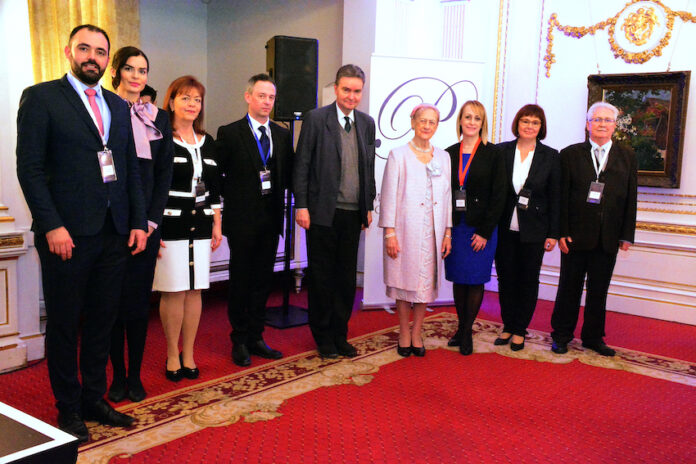Protocol – A Powerful Tool of Diplomacy
Edited by Anna Popper
On the occasion of its 30th anniversary, the Hungarian Protocol Association (MPrOE) held a jubilee conference on 24 February 2023 at an iconic venue of Budapest, the Gundel Palace (Gundel Cafe Patisserie Restaurant), situated in the City Park. More than 150 participants attended the large-scale professional event, including the founders and members of the association, partners, sponsors, domestic and international representatives of protocol and diplomatic life, protocol experts of the public administration, ministries and other prominent institutions.

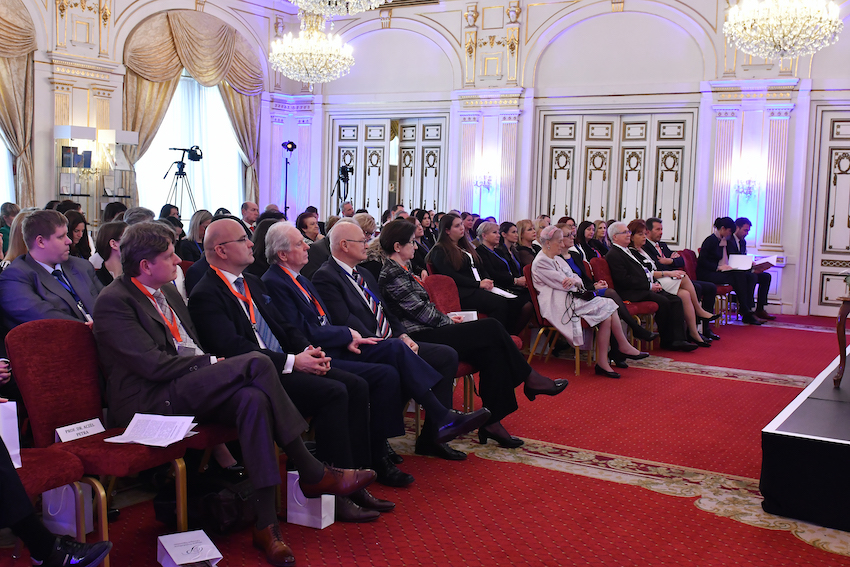
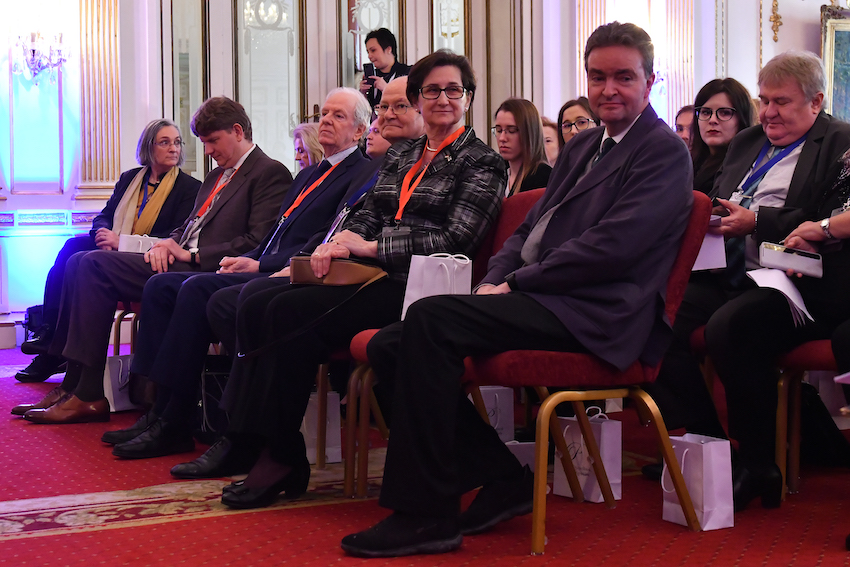

The creed of the Association, established in 1993, is that the proper application of the rules of behavioural culture is a fundamental human value. Adhering to the rules of etiquette is one of the foundations of social coexistence and expressing respect for the other individual. Not complying with them or violating them can be an offence anywhere in the world. Respect for each other, tolerance, good communication, the observance of the rules of etiquette and behaviour, and the provision of equal opportunities are the basis of human existence.
The diplomatic protocol is the mechanism of implementing the principles of international communication, its standards were secured by the 1961 Vienna Convention on Diplomatic Relations. Diplomatic protocol is a tool of international relations to establish mutually beneficial and respectful ties in the international arena. The generally accepted and time-honoured rules, traditions and observed conventions of diplomatic protocol are formulated so concretely and precisely that they leave little room for the individuals, since they do not represent themselves, but organisations, institutions and countries. Diplomatic protocol also involves etiquette on a local and international scale, and the daily practice of good manners. It also helps to get a better understanding of multicultural manners.
Today it is particularly important because it not only covers the ceremonial rules on official functions and how to behave on special occasions, but also provides a set of established rules of courteousness that are to be respected in society.
The celebration of the anniversary started with the welcoming speech of the President of the Association, Mrs Rita Laczkó.
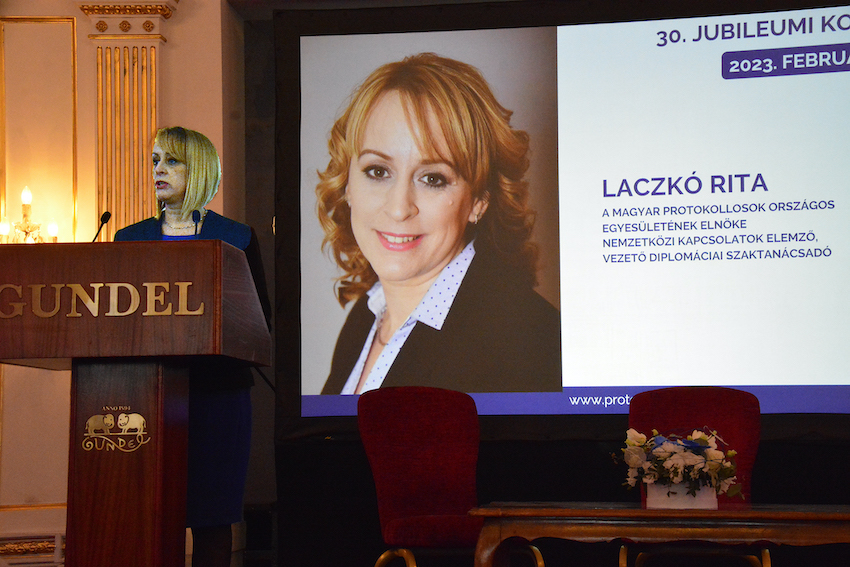
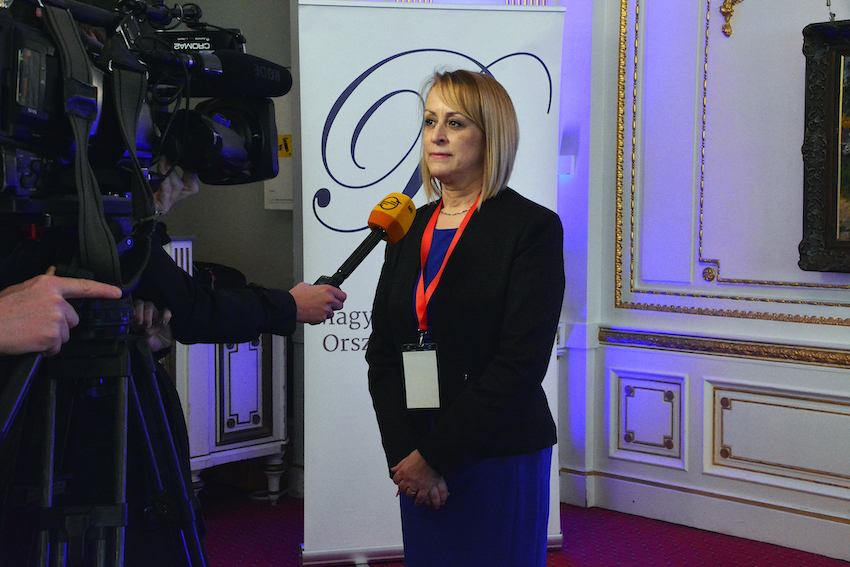
This was followed by the address of the event’s main patron, His Excellency Georg von Habsburg, Ambassador Extraordinary and Plenipotentiary of Hungary to France, who honoured the audience with his presence.
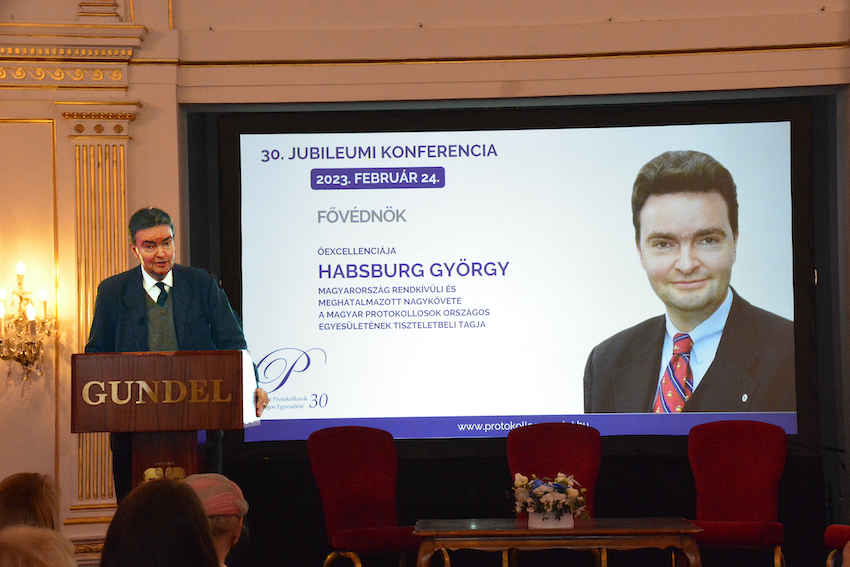
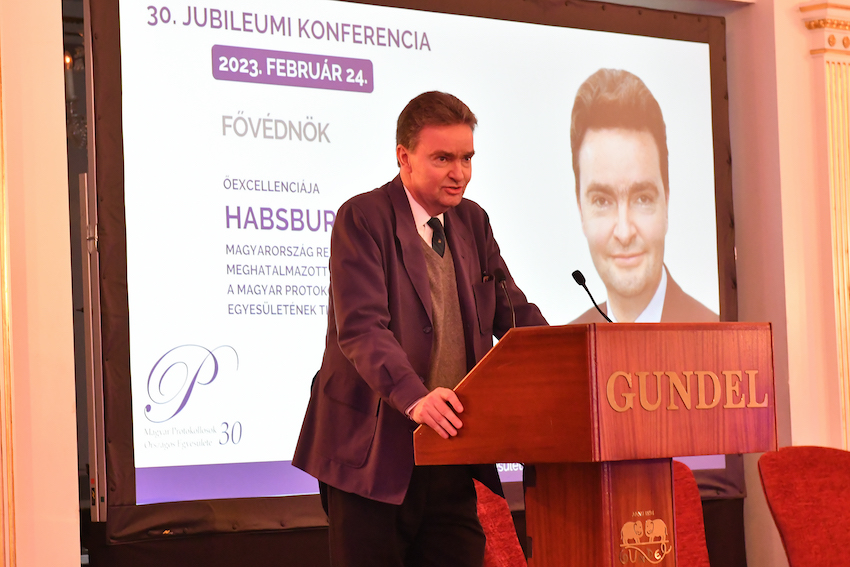
Then Mrs Dr. Katalin Vámos, Founder and Honorary President forever of the Association took the floor and shared her thoughts on the history and major achievements from the past 30 years.
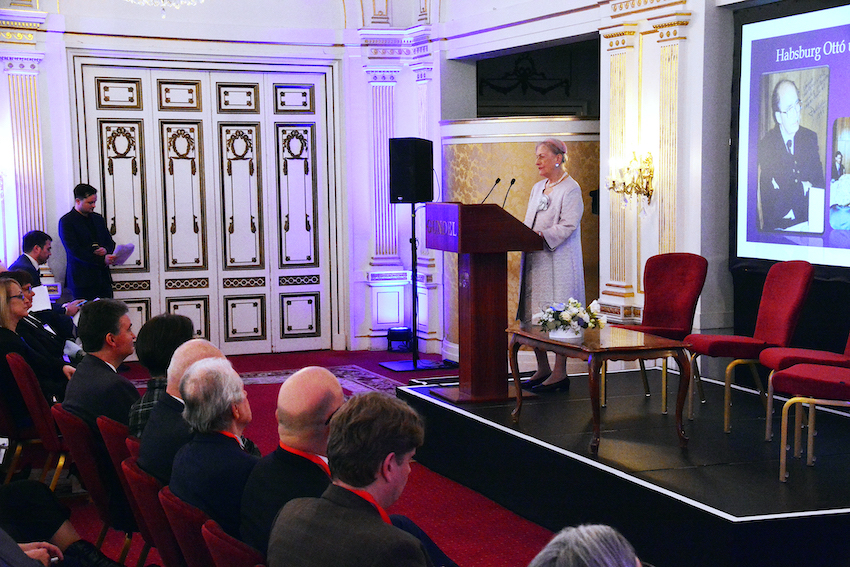
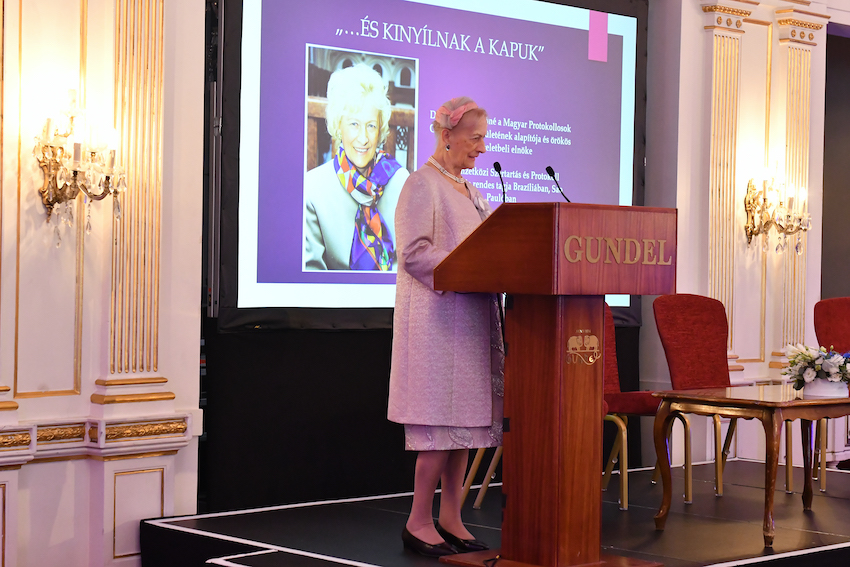
Protocol is an important part of diplomatic practice linked with history, royalty, religion, culture and language. The keynote speakers of the panel discussions were Ambassador Mr Gergely Prőhle, Director of the Otto von Habsburg Foundation, Her Excellency Klára Breuer, Ambassador of Hungary to Finland, Ambassador Mr Harry Alex Rusz, Hungary’s Permanent Representative to the Council of Europe, Prof. Dr. Petra Aczél, Professor at Moholy-Nagy University of Arts and Ambassador Mr Pál Varga Koritár, moderated by Mr dr. Balázs Molnár, Deputy President of the Mária Kopp Institute for Population and Families (KINCS).
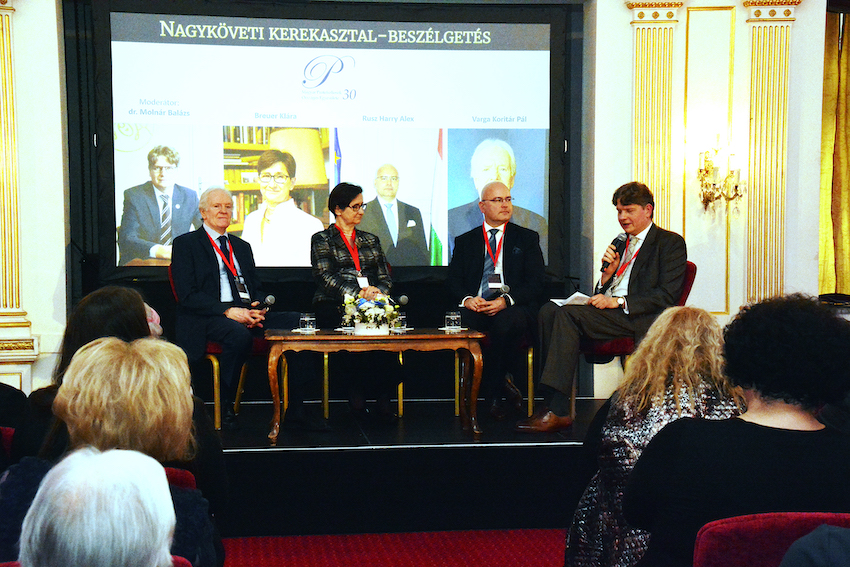
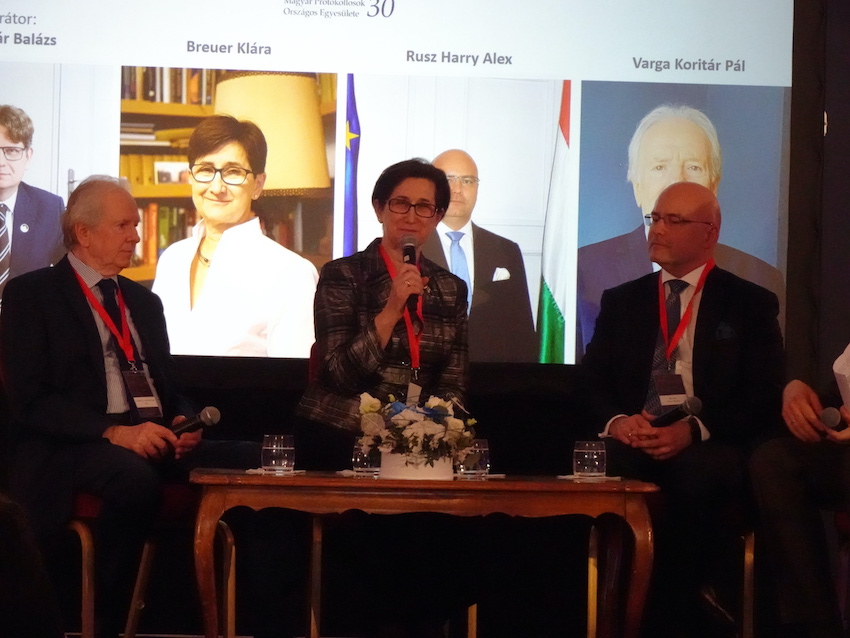


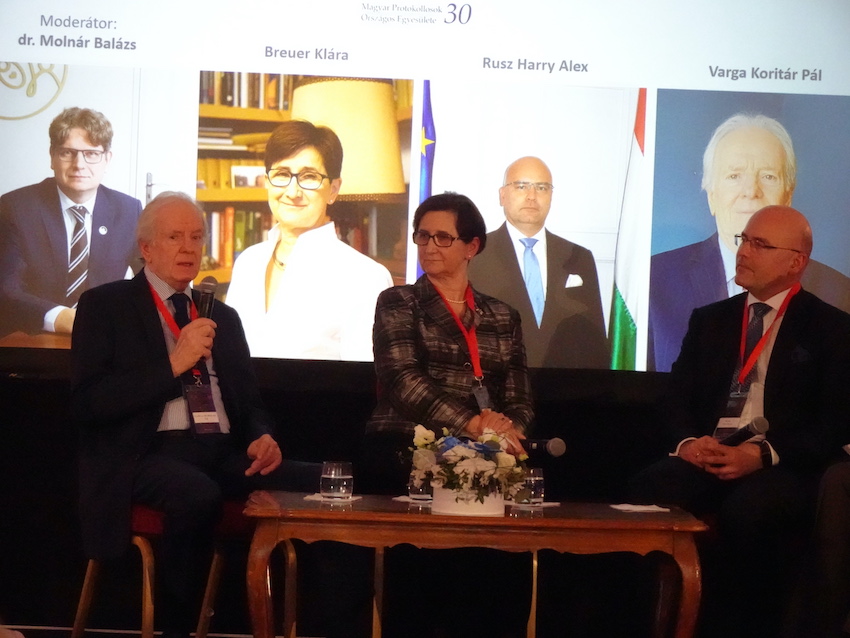
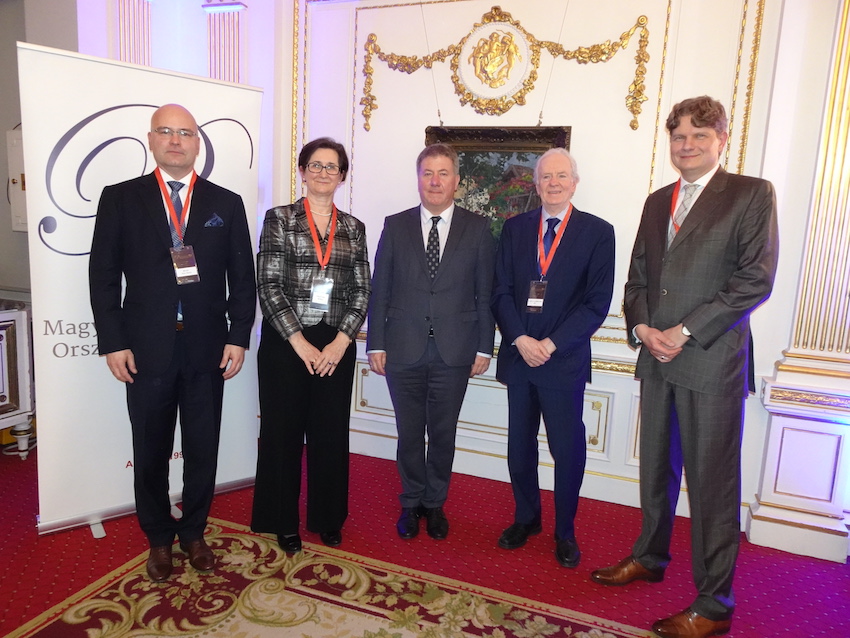
The representatives of the partner organisations in cooperation, Mr Rudolf Semsei, Dr. Zsuzsanna Lakatos-Báldy and Mrs Ágnes Sáska-Nádas gave professional presentations on the challenges of the past years.



In addition to gastronomic experiences, guests were awaited with professional exhibitions related to protocol, entertained by performances of young music talents of Virtuosos, a quiz game and valuable raffle prizes. The program ended with a series of celebratory moments, handing over the jubilee recognitions to the members, and bestowing the first Special Award of the Hungarian Protocol Association.
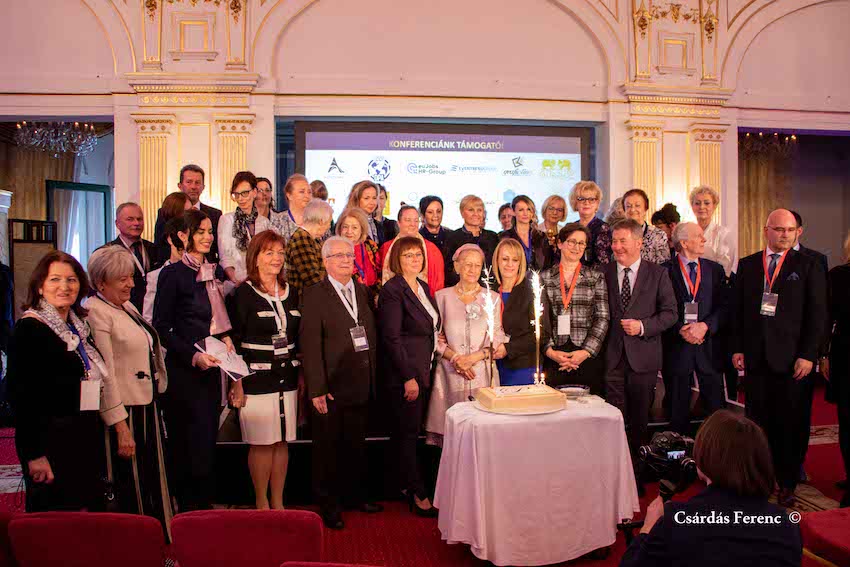
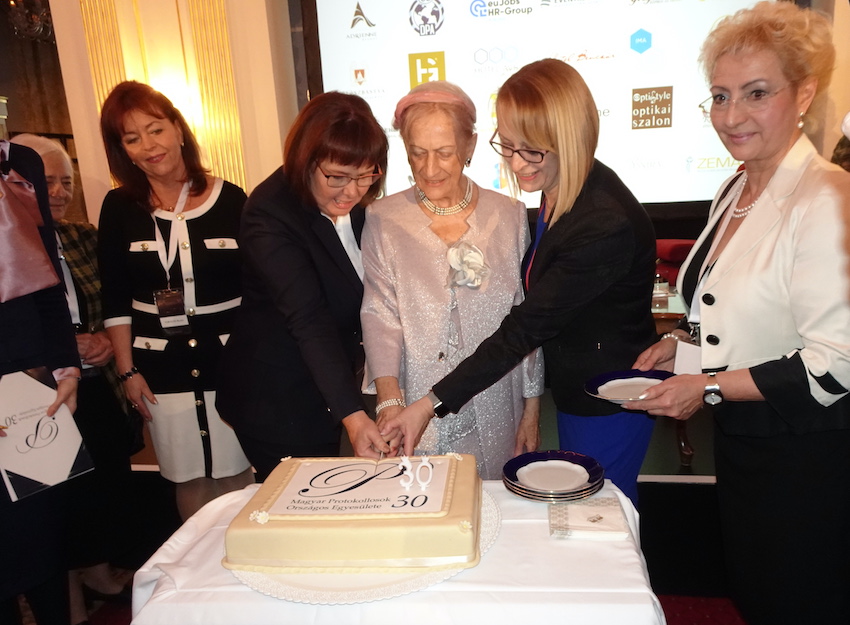
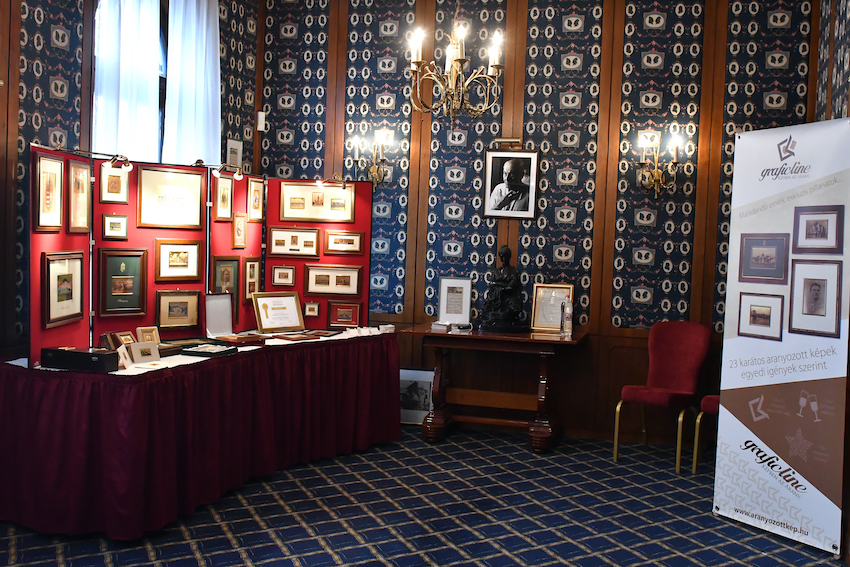
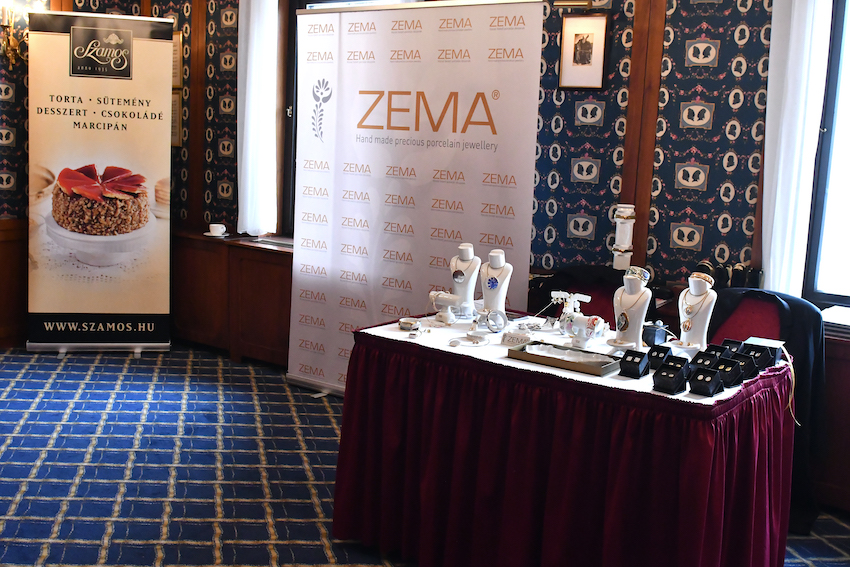
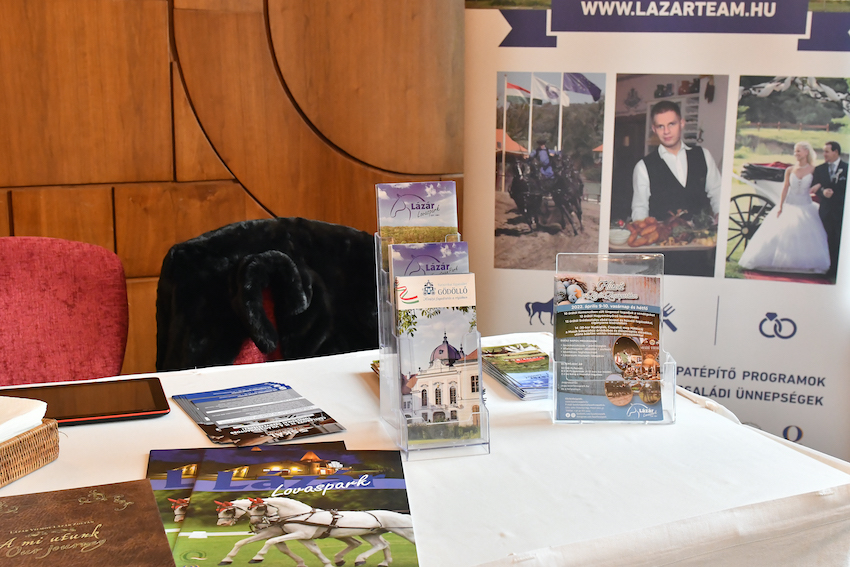
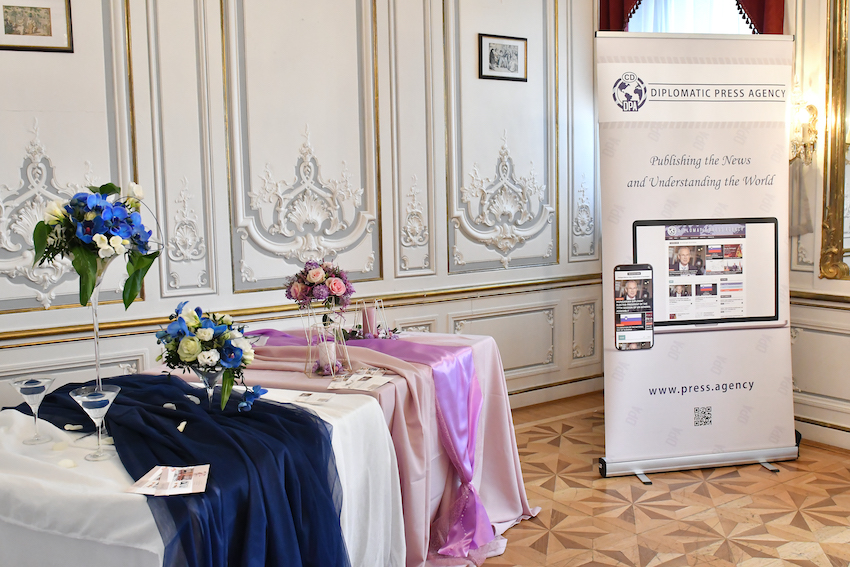

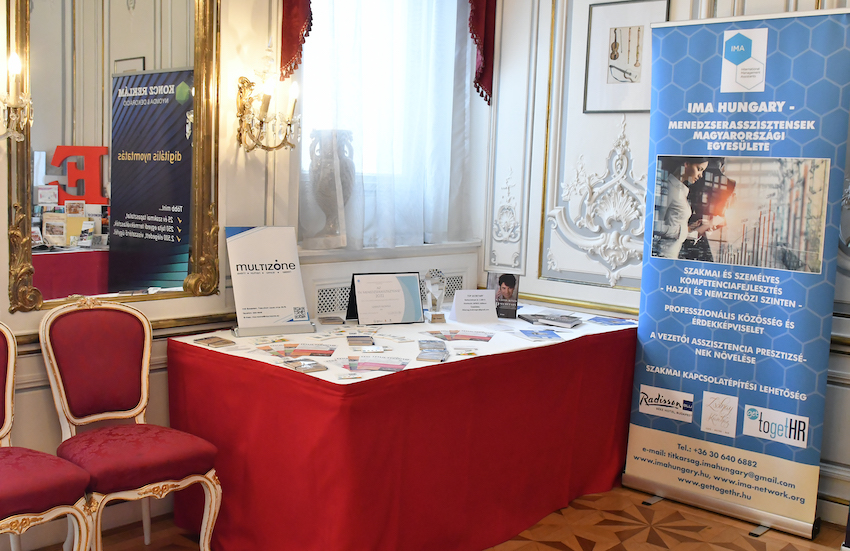
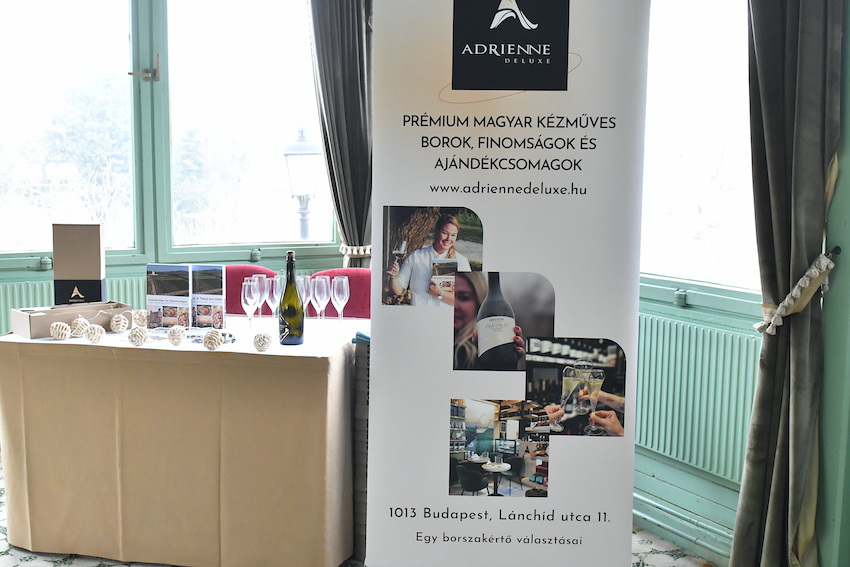
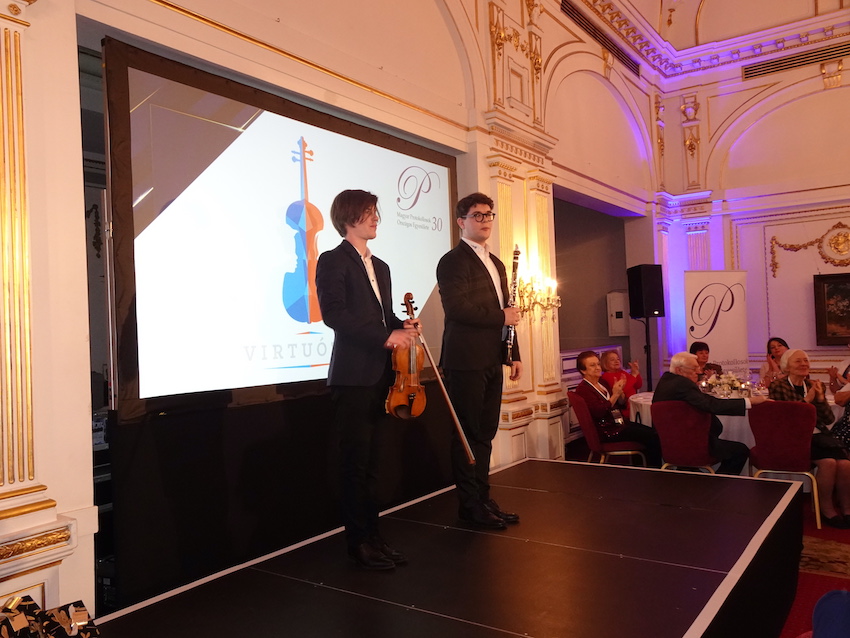
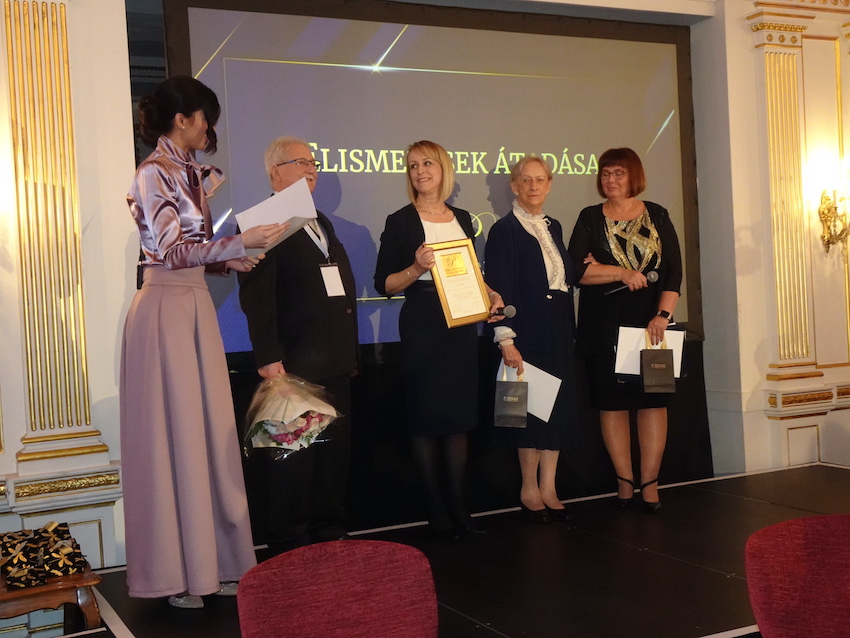
As a summary of the role and importance of the protocol, it is worth quoting the words of a widely recognised professional:
“Protocol puts the wheels of diplomacy in action, revs the engine. It creates also a wonderful roadmap for our leaders to follow within all of their engagements, both big and small. It’s those micro details, those nuances in their engagements that when gathered together can create a major impact in their diplomatic negotiations. Protocol is the foundation. It creates a theme framework for diplomacy. So before the President walks into a room, shakes a hand, picks up a pen the room is prepared. The opportunity is prepared. The communications that will occur are set forth. And we’re establishing a mindset for diplomacy to be engaged.” – by Mrs Capricia Marshall, Chief of Protocol of the United States, in office 2009 – 2013.
Source: MPrOE





